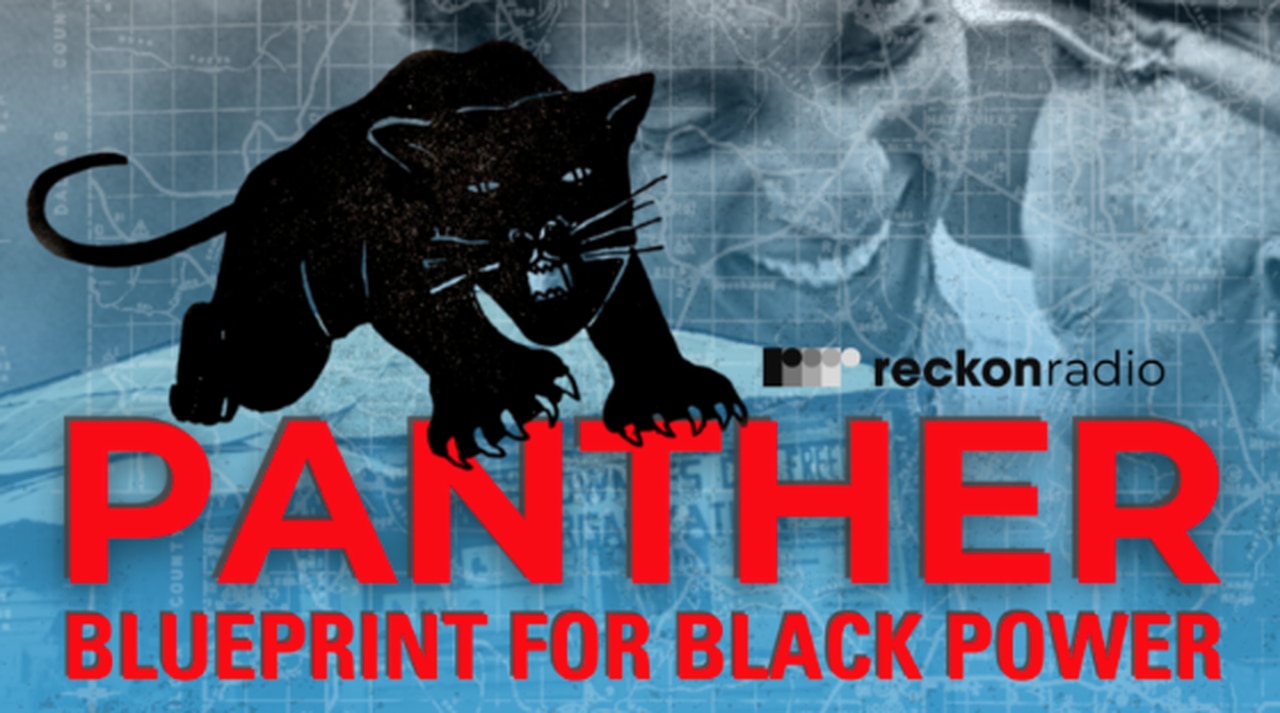Why the Lowndes County Freedom Organization matters today
It has been nearly four years since Lowndes County Sheriff “Big John” Williams was shot and killed in the parking lot of a convenience store in Hayneville.
Williams, sheriff from 2011 until his death on Nov. 23, 2019, was a giant figure in Lowndes. County commissioners waited just two weeks before they voted to rename the county courthouse after him.
For some folks in Lowndes – a hotbed for radical Black activism in the 60s – Williams’ death hit extra hard. The beloved sheriff was Black. His alleged killer was an 18-year-old white man, the son of a sheriff’s deputy from a neighboring county.
“It says a lot,” said Bishop Aaron McCall, the pastor of Hayneville’s First Missionary Baptist Church. “We still haven’t arrived.”
I first heard about Lowndes in the fall of 2020 while reporting remotely from California for online outlet The GroundTruth Project on the work of Alabama voting rights’ activists.
Jennifer Lawson, a Washington, D.C. based veteran activist, had been making a national Zoom speaking circuit, helping train and inspire younger activists. Lawson, I learned, spent some of her early activist days with the Student Non-Violent Coordinating Committee, or SNCC, in Lowndes, helping organize an experimental political party called the Lowndes County Freedom Organization.
The party’s emblem was a crouching, growling black panther, the direct precursor to the Black Panther Party banner that emerged in Oakland under Huey Newton and Bobby Seale in 1966.
Lowndes was an ideal county for a project like the LCFO, located in the Black Belt directly along the road between Selma and Montgomery where Martin Luther King, Jr. and thousands of foot soldiers had marched in 1965.
Though the county was 80% Black, not a single Black person had been registered to vote. Whites had managed to keep hold of every political office in the county.
The party was only active for the election of 1966, the first after the landmark Voting Rights Act. But it laid the groundwork for the first Black elected leaders in the county’s history – including Williams’ predecessor, the late Sheriff John Hulett.
It also taught Black voters — faced with racists in both the Democrat and Republican parties — that they had the power to elect who they wanted.
“Now we HAVE the vote, we want to CONTROL it,” one piece of LCFO literature read.
Stokely Carmichael, a young SNCC leader who helped conceive the project, called the concept Black Power.
It has been nearly 60 years since the LCFO rattled the Lowndes County power structure for the first time.
The people who fought on the front lines are getting older or passing away. John Hulett is gone, as is Carmichael, who later in life changed his name to Kwame Ture. Bob Mants, a SNCC organizer who dedicated his life to Lowndes, died in 2011.
Those who remain include people like Lillian McGill, who Hulett called the “brains of the movement, and John Hulett, Jr., who watched his dad become the county’s first Black sheriff, then followed in his footsteps to become a county probate judge.
In Reckon Radio’s Panther: Blueprint for Black Power, we captured their story on tape.
Our podcast tells, in the words of those who were there, the story of the birth of the Black Panther. It gives Lowndes County its place in the history books.
Some things have changed since 1966— the county has some Black elected officials — but others haven’t.
Catherine Coleman Flowers, a daughter of Lowndes whose father worked closely with the movement, was named one of Time’s 100 most influential people in April for her work exposing the lack of sewage disposal access in Lowndes and other rural communities.
From the moment the Voting Rights Act passed in 1965, some have been working to overturn it or otherwise dilute the power of the Black vote. In recent elections, Americans saw voter suppression and intimidation across the entire country, levied especially against communities of color.
But in Lowndes, you can still hear the echo of the Panther.
“It put that fight in me,” McCall said. “I’m a son of the movement and I got that movement fight.”
Panther: Blueprint for Black Power is the story of the unexpected birthplace of the Black Panther, a site that changed the course of the nation. But it’s not where you might expect. Far from Oakland, the Black Panther and its principles came from just outside Selma, Alabama. Lowndes County, Alabama: a county where every single thing Black folks did was an act of rebellion. A county where an all-Black party made it to the ballot in the year 1966. A county that paved the way for revolution. The fourth season of the Murrow Award-winning Reckon Radio examines the first year the Voting Rights Act was put to the test, deep in the heart of the Jim Crow South. Pulitzer Prize finalist Roy S. Johnson and journalist Eunice Elliot tell the story of Lowndes County and the election that shaped politics – and activism – as we know it. Available on Apple, Spotify or wherever you get your podcasts.
